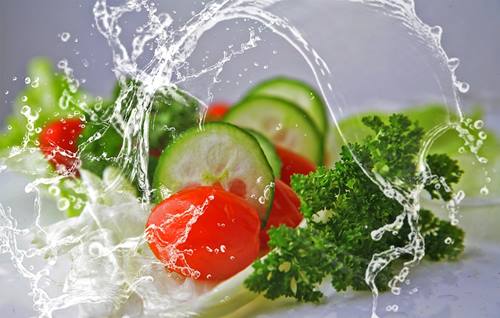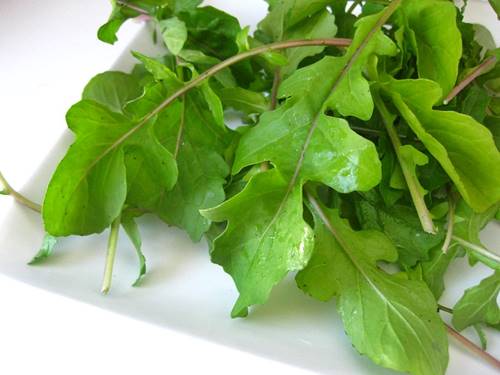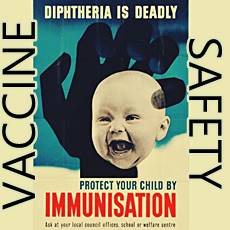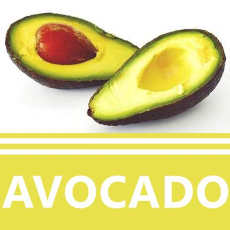Plant-based diet benefits & risks
Pros and Cons of going vegan or vegetarian
Fact Checked
×All the content published in our website is fact checked to validate its accuracy.
Visit our guidelines web page to learn more about our strict processes regarding how we review our content's sources: reliable and reputable journals, media websites, universities, colleges, organizations, and professionals.
Our articles are based on scientific evidence, and the references are included in their footnotes, which are clickable links to sound scientific papers.
First published: 09. Feb.2025
Overview
Plant-based diets containing no animal ingredients whatsoever have become popular for environmental, health, and moral reasons. This article looks into the benefits and risks of a vegan, or vegetarian diet. It also explores the benefits of an omnivore diet, which balances the pros and cons of pure veganism and the unhealthy Western diet.
References and Further Reading
(1) Tomova A, Bukovsky I, Rembert E, Yonas W, Alwarith J, Barnard ND and Kahleova H, (2019). The Effects of Vegetarian and Vegan Diets on Gut Microbiota. Front. Nutr. 6:47. doi: 10.3389/fnut.2019.00047
(2) Key TJ, Papier K, Tong TYN., (2022). Plant-based diets and long-term health: findings from the EPIC-Oxford study. Proc Nutr Soc. 2022 May;81(2):190-198. doi: 10.1017/S0029665121003748. Epub 2021 Oct 27. PMID: 35934687; PMCID: PMC7613518
(3) An Pan et al. (2013). Changes in water and beverage intake and long-term weight changes: results from three prospective cohort studies, Int J Obes (Lond). 2013 Oct; 37(10): 1378-1385. 2013 Jan 15. DOI: 10.1038/ijo.2012.225
(4) Alcorta A, Porta A, Tárrega A, Alvarez MD, Vaquero MP., (2021). Foods for Plant-Based Diets: Challenges and Innovations. Foods. 2021; 10(2):293. https://doi.org/10.3390/foods10020293
(5) Aaslyng, M.D., Dam, A.B., Petersen, I.L. et al., (2023). Protein content and amino acid composition in the diet of Danish vegans: a cross-sectional study. BMC Nutr 9, 131 (2023). https://doi.org/10.1186/s40795-023-00793-y
(6) James H. O'Keefe, Evan L. O'Keefe, Carl J. Lavie, Loren Cordain, (2022). Debunking the vegan myth: The case for a plant-forward omnivorous whole-foods diet. Progress in Cardiovascular Diseases, Vol 74, pp 2-8, ISSN 0033-0620, https://doi.org/10.1016/j.pcad.2022.08.001.
(7) Turner-McGrievy GM, Wilcox S, Frongillo EA, et al., (2023). Effect of a Plant-Based vs Omnivorous Soul Food Diet on Weight and Lipid Levels Among African American Adults: A Randomized Clinical Trial. JAMA Netw Open. 2023;6(1):e2250626. doi:10.1001/jamanetworkopen.2022.50626
(8) Jennifer A Fleming, Penny M Kris-Etherton, Kristina S Petersen, David J Baer, (2021). Effect of varying quantities of lean beef as part of a Mediterranean-style dietary pattern on lipids and lipoproteins: a randomized crossover controlled feeding trial. The American Journal of Clinical Nutrition, Vol 113:5, pp 1126-1136, ISSN 0002-9165, https://doi.org/10.1093/ajcn/nqaa375
(9) Satija A, Bhupathiraju SN, Spiegelman D, et al., (2017). Healthful and unhealthful plant-based diets and the risk of coronary heart disease in US adults. J Am Coll Cardiol. 2017;70(4):411-422. doi:10.1016/j.jacc.2017.05.047
About this Article
Plant-based diet benefits & risks, A. Whittall
©2025 Fit-and-Well.com. First Published: 09.Feb.2025. Update scheduled for 09.Feb.2028. https://www.fit-and-well.com/diet-food/plant-based-diet.html
Tags: plant-based diet, vegan, vegetarian, cancer, diabetes, bone health, weight loss, saturated fats, omega 3 and 6, protein, cholesterol, lifespan, microbiome, calcium, vitamin B12, vitamin D, iron, gastric health, blood pressure







